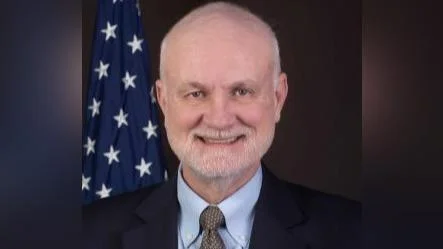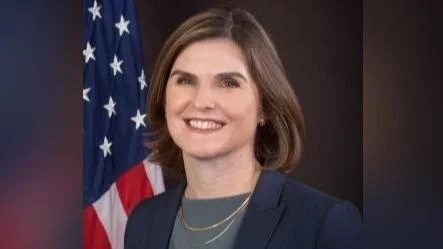Some actions taken by the Trump administration against secular universities may have long-term effects on religious universities and organizations, according to analysts. The administration has focused on top institutions like Harvard and Columbia, alleging that they failed to address antisemitic incidents during pro-Palestinian demonstrations following Israel's response to Hamas' attacks on October 7, 2023.
The Trump administration has sought a federal audit of Harvard's hiring practices and indicated a desire to revoke its tax-exempt status, raising concerns among other nonprofits. Churches and religious organizations are typically exempt from taxes under the First Amendment.
Merrill Matthews, a public policy analyst for The Hill, expressed concern about potential implications for religious freedom at colleges affiliated with religions. He noted that if the government imposes "viewpoint diversity" requirements on colleges, it could affect religious institutions' ability to hire faculty who share their beliefs.
"The administration is overstepping its bounds by trying to impose restrictions where Harvard needs to send the federal government (information about) who its professors are," Matthews said. He warned that future administrations might implement similar policies at religious colleges or seminaries.
The White House stated that "Harvard has persisted in prioritizing diversity, equity, and inclusion (DEI) in its admissions," which it claims denies equal opportunities by favoring certain groups. In May, Trump suggested redistributing $3 billion in research grants from Harvard to trade schools.
On June 4, Trump signed a proclamation denying visas for foreign students wishing to study at Harvard. The proclamation stated that adversaries like China exploit the student visa program for improper purposes.
Jewish Insider reported concerns within Harvard's Jewish community about antisemitism and the impact of Trump's restrictions on international students and research funding cuts. About 160 international students from Israel will be affected by Trump's ban.
Tyler Coward of FIRE criticized both Harvard's free speech policies and the Trump administration's actions toward the university. He argued that "the administration did not follow appropriate legal processes in freezing its federal funds."
Coward added: "It’s not difficult to imagine a different president using this authority — if it were allowed to stand — to target any number of institutions, religious or not."
Matthews expressed particular concern about threats to tax-exempt status: "If you can do it to Harvard, you could do it to other schools... there are a lot of churches out there that have schools connected."
He advised focusing specifically on addressing antisemitism: "Relate any funding withholding... so that everybody can learn."
In April, Alan Garber, Harvard’s president, stated in a letter that they would pursue legal action against the administration's efforts. "The University will not surrender its independence or relinquish its constitutional rights," Garber wrote.
Kate Scanlon is a national reporter for OSV News covering Washington. Follow her on X @kgscanlon.
 Alerts Sign-up
Alerts Sign-up






